Ancient myths warned us, and now the gods are making their rage known.

The ancient Greeks believed the gods controlled nature, punishing humanity with storms, fires, floods, and plagues when mortals overstepped their bounds. These myths were cautionary tales about hubris—warnings of what happens when people defy nature itself. Today, those same disasters aren’t just legend anymore. The world is heating up, the seas are rising, and natural disasters are intensifying like never before. If the Olympians were watching, they’d probably say, “We told you so.”
From Poseidon’s floods to Hephaestus’ raging fires, the catastrophes unfolding today seem ripped straight from ancient Greek mythology. The difference is that this time, it’s not the gods unleashing their wrath—it’s us. Human-driven climate change is fueling extreme weather events, and the consequences are undeniable. History has always warned us that ignoring nature comes with consequences. If we don’t start listening, we may find ourselves living out myths we never wanted to believe in.
1. The great floods of today would make Poseidon proud.
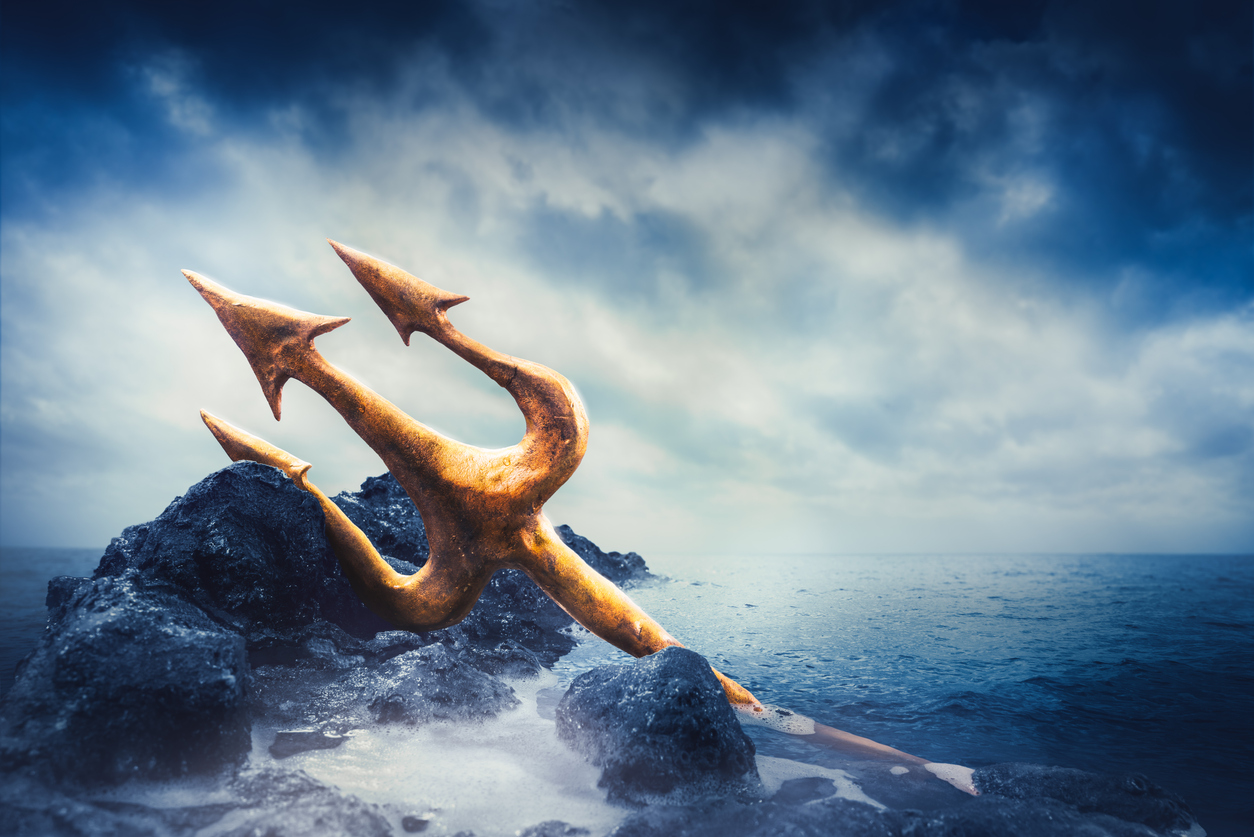
In Greek mythology, Poseidon wasn’t just the god of the sea—he was also the bringer of catastrophic floods when mortals angered him. As noted by researchers for Britannica, the myth of Deucalion and Pyrrha mirrors the Noah’s Ark story, where Zeus sends a great flood to punish humanity, and Deucalion and Pyrrha are the survivors who repopulate the earth.
Today’s floods are no less biblical. From devastating hurricanes to record-breaking rainfall that swallows entire cities, rising sea levels and extreme weather events are leaving destruction in their wake. Coastal cities are already experiencing Poseidon-level disasters, with places like Miami, Jakarta, and Venice slowly sinking beneath the waves. Unlike in mythology, there’s no Zeus to stop the floodwaters—we’re on our own.
2. Wildfires are raging across the world like Hephaestus has lost control of his forge.
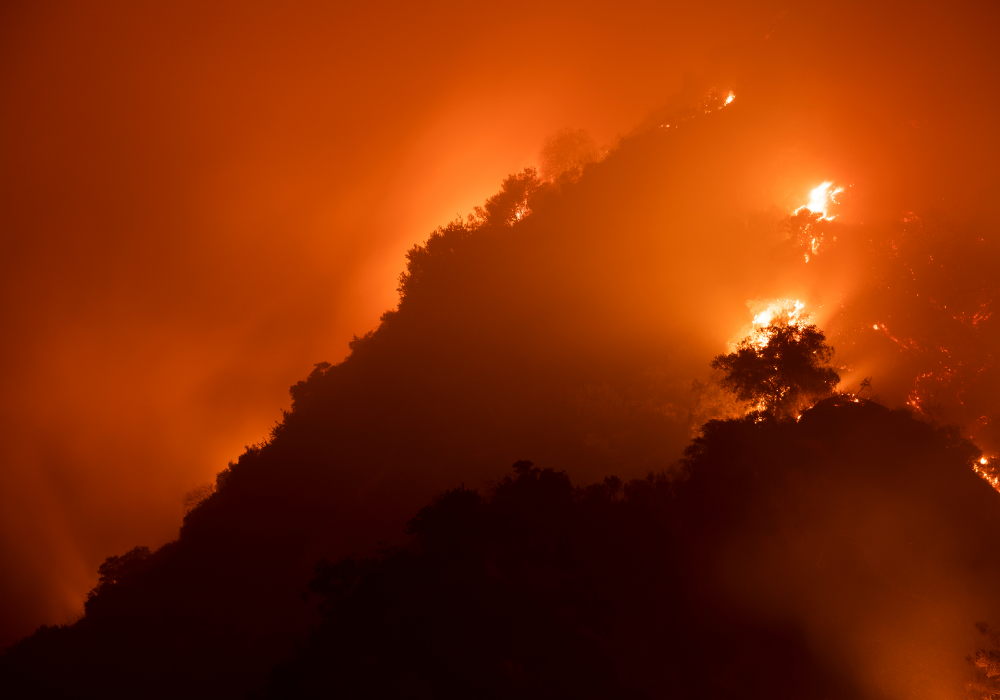
When the Greek gods needed weapons, they turned to Hephaestus, the god of fire and metalworking. His forge burned endlessly, fueling his craft. But when Hephaestus’ fire got out of control, disaster struck. In modern times, it seems like his flames are burning unchecked across the globe. According to James MacCarthy for the World Resources Institute, studies show that forest fires are becoming more widespread, with at least twice as much tree cover burned today compared to two decades ago
Wildfires are spreading faster and more intensely than ever before. Greece, California, Australia—year after year, massive infernos reduce entire regions to ash. Rising temperatures and prolonged droughts make forests into tinderboxes, ready to ignite with the smallest spark. Hephaestus may not be hammering away in the flames, but the destruction left behind certainly looks like his handiwork.
3. Heat waves are pushing temperatures higher as if Apollo himself is punishing us.
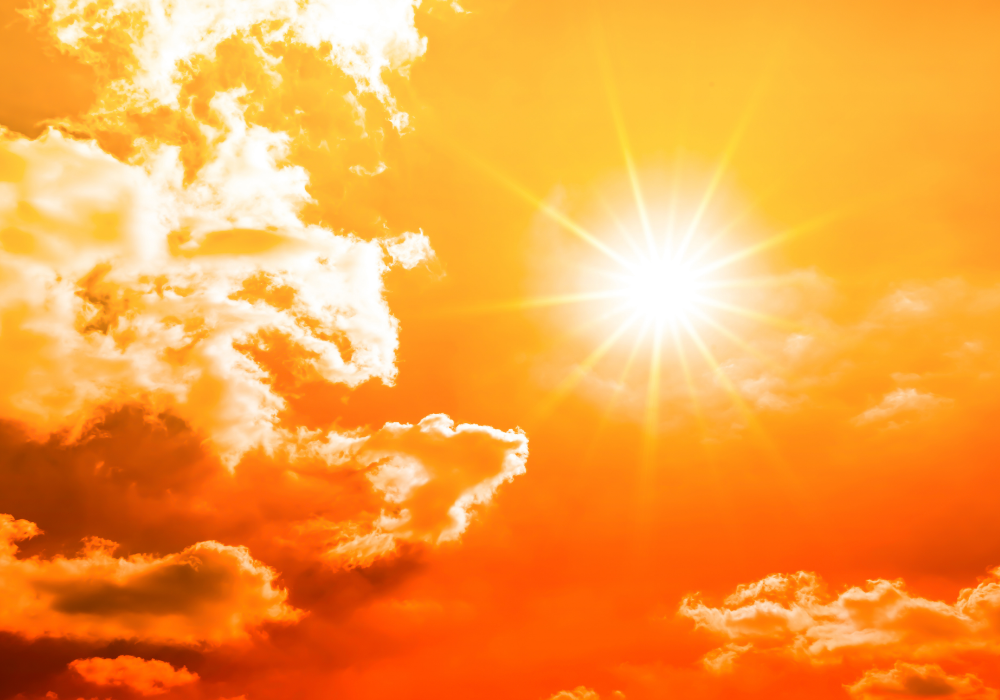
As the god of the sun, Apollo controlled warmth and light, but if angered, he could scorch the earth. When Apollo was in a rage, crops withered, rivers dried up, and mortals suffered. Today, record-breaking heat waves are pushing temperatures to deadly extremes, making it feel like Apollo is punishing the planet. Per Damian Carrington for The Guardian, global temperatures in 2024 reached 1.6°C above pre-industrial levels, surpassing the 1.5°C threshold outlined in the Paris Agreement.
The last decade has shattered temperature records, with cities hitting highs never seen before. Heat domes trap sweltering air, turning urban centers into ovens. Crops are failing, animals are dying, and even the human body struggles to survive these unbearable conditions. Whether Apollo is behind it or not, the sun’s relentless assault is impossible to ignore.
4. Earthquakes and tsunamis are shaking the world as if Poseidon himself is striking his trident.
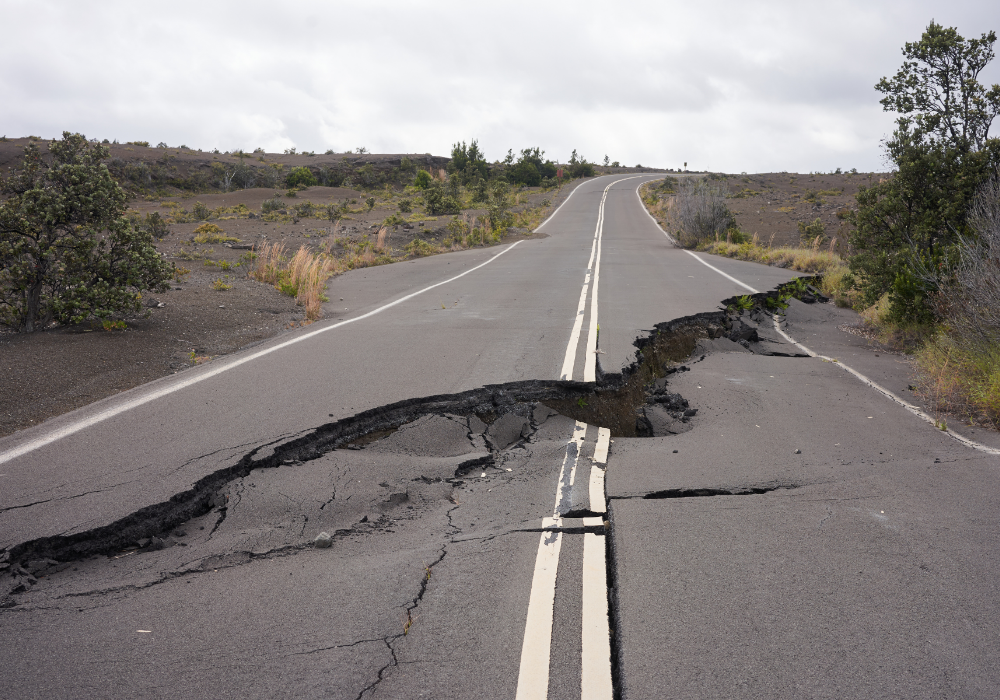
Poseidon didn’t just rule the oceans—he was also the god of earthquakes. With a strike of his trident, he could send shockwaves through the land and unleash massive tsunamis. Today, seismic disasters continue to devastate communities, especially as climate change increases instability in coastal regions. Rising sea levels and stronger storms intensify the damage caused by earthquakes and tsunamis.
Entire islands face existential threats, with countries like Indonesia and the Philippines seeing worsening coastal erosion. Just like in the myths, Poseidon’s power over land and sea is proving to be a force that humanity still cannot control.
5. Deadly droughts are drying up farmlands just as Demeter’s curse once did.

Demeter, goddess of agriculture, once cursed the land with famine when her daughter Persephone was taken to the underworld. In response, crops failed, rivers dried up, and hunger swept the land.
Today, the world is facing some of the worst droughts in history, and the consequences are just as devastating. From the American West to sub-Saharan Africa, water shortages are turning fertile land into deserts. Once-reliable water sources are drying up, forcing communities to ration their most basic necessity. Without rain, food production plummets, and entire regions suffer. Whether Demeter is behind it or not, the planet’s ability to sustain life is fading before our eyes.
6. Zeus’s fury seems alive in the massive hurricanes tearing through cities.
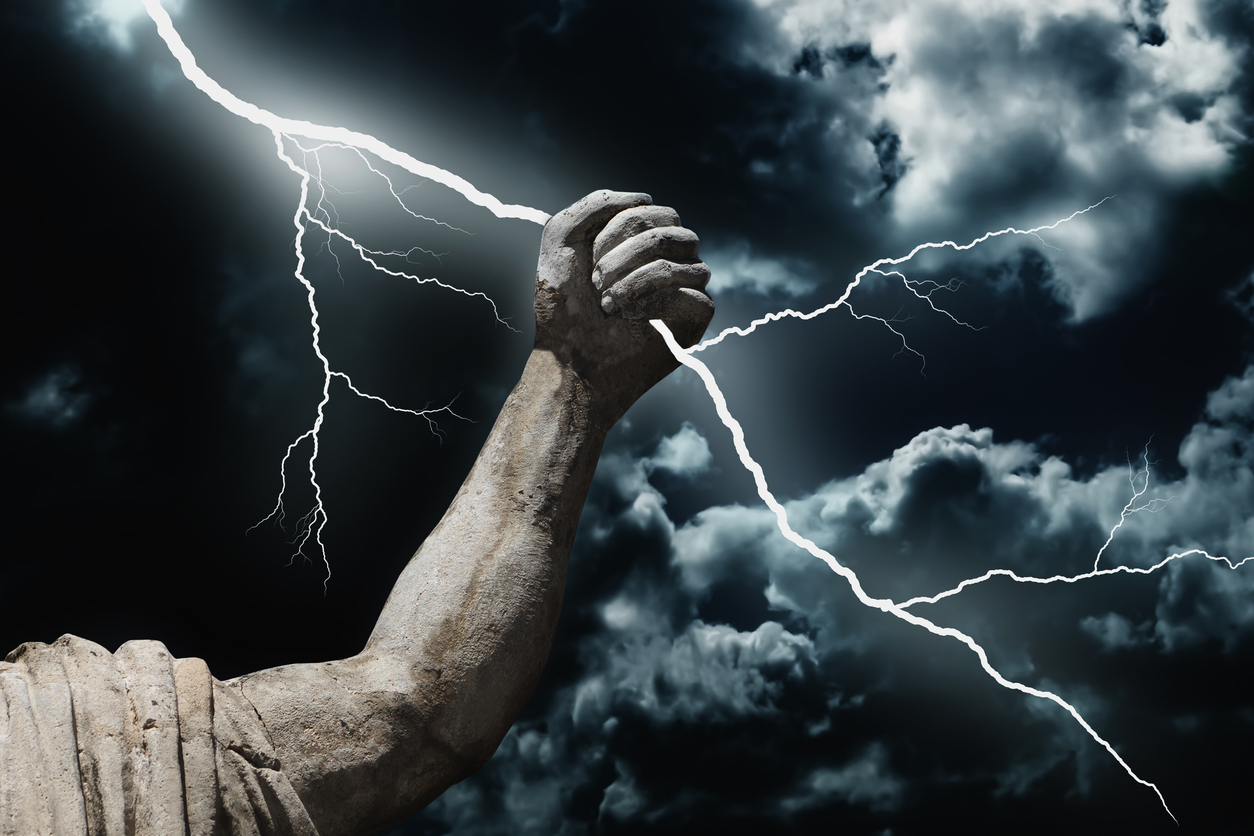
Zeus, the king of the gods, ruled the skies with absolute power. When angered, he hurled lightning bolts, summoned deadly storms, and sent violent winds crashing through mortal lands. Today, his fury seems to live on in the form of increasingly powerful hurricanes that leave devastation in their wake.
Hurricanes are intensifying due to warming ocean temperatures, fueling stronger winds and heavier rainfall. Cities that once faced moderate storms are now bracing for record-breaking hurricanes, with flooding and destruction stretching far inland.
Coastal communities in the Caribbean, the Gulf Coast, and Southeast Asia have been battered by back-to-back storms, each more destructive than the last. Whether Zeus is behind these tempests or not, one thing is clear: the skies have never seemed angrier.
7. The ice is vanishing as if Boreas, god of the north wind, has abandoned his post.
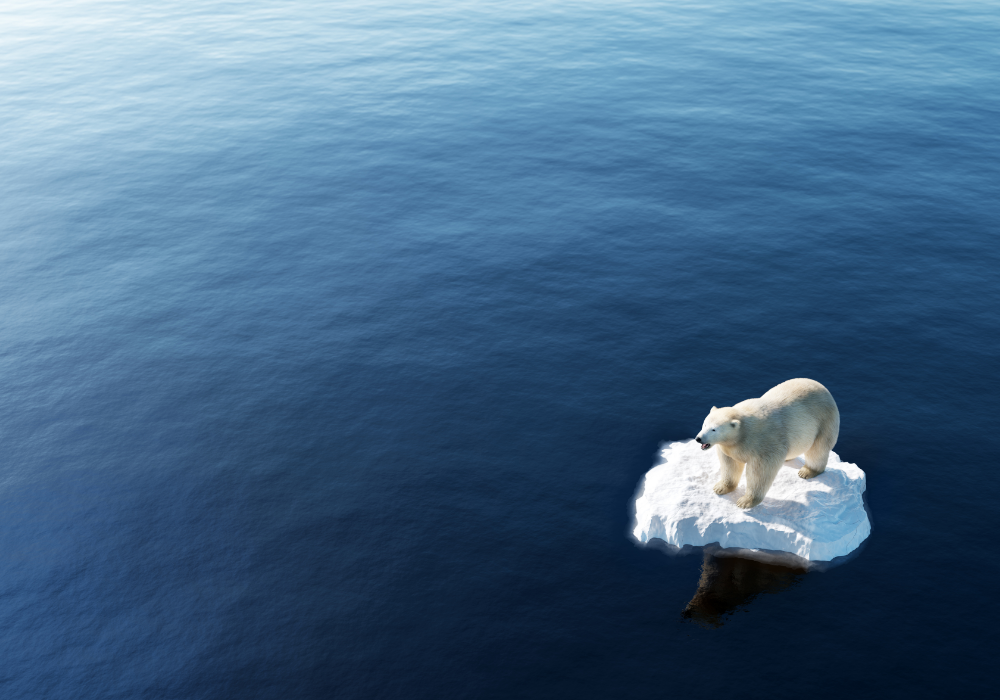
Boreas, the Greek god of the cold north wind, was known for bringing fierce winters and keeping the icebound lands frozen in place. But if he were watching today, he might wonder why his once-solid domain is disappearing at an alarming rate. Glaciers are melting, polar ice caps are collapsing, and ancient ice sheets that have existed for thousands of years are vanishing. Rising global temperatures are accelerating ice loss in Antarctica, Greenland, and the Arctic, contributing to sea level rise and destabilizing ecosystems.
Permafrost is thawing, releasing methane into the atmosphere and worsening climate change. If Boreas still ruled the north, he’d probably be in a panic. Instead, scientists are left sounding the alarm as the planet’s frozen reserves rapidly dwindle.
8. Aeolus, master of the winds, must have lost control with these tornado outbreaks.
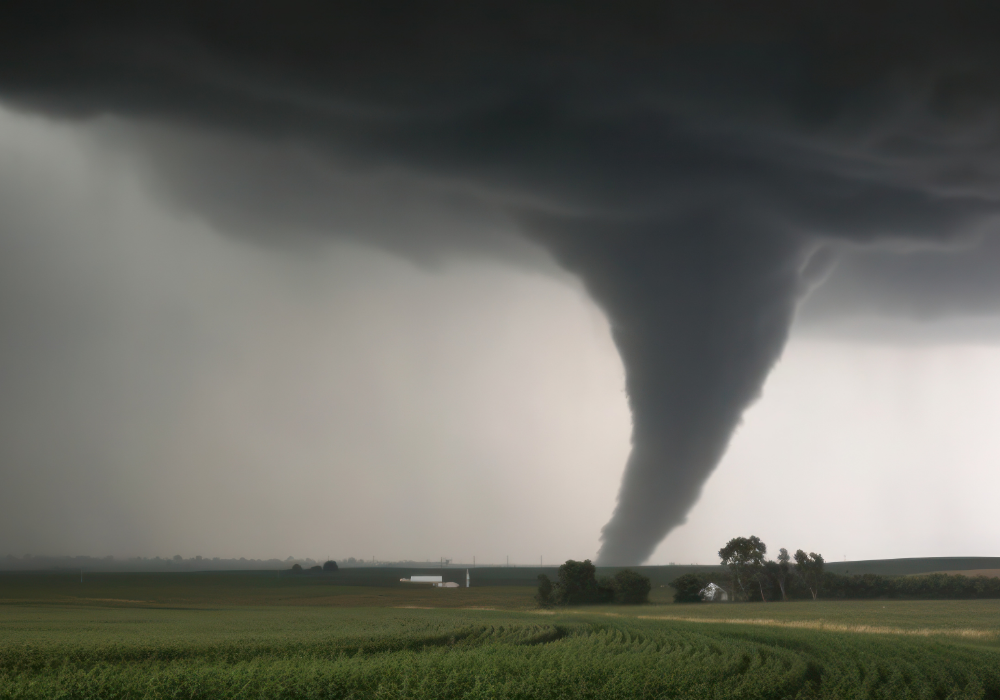
Aeolus, the keeper of the winds, was entrusted with the power to release or contain destructive gusts. But with tornado outbreaks increasing in frequency and severity, it’s as if he’s let the winds run wild.
Massive storms are spawning more tornadoes than ever, hitting regions that were once considered safe from such destruction. Climate change is shifting weather patterns, making tornado alley stretch into new territories. More tornadoes are forming outside of their typical season, striking cities with little warning. Devastation can be seen in places like the Midwest and the Deep South, where entire towns have been wiped off the map. Aeolus may have held the winds in check in mythology, but in reality, extreme weather is becoming more unpredictable by the year.
9. Rising sea levels are swallowing land like Charybdis dragging ships into the abyss.
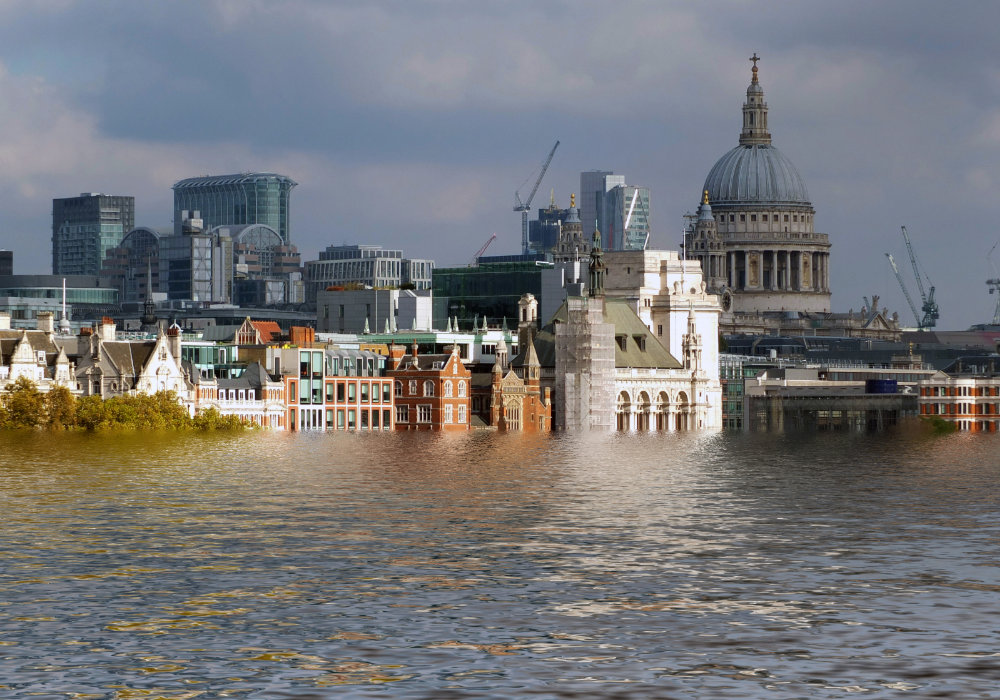
In Greek mythology, Charybdis was a monstrous sea creature that swallowed vast amounts of water, creating whirlpools that destroyed ships and dragged sailors into the depths. Today, her legend is reflected in the rising tides that are consuming coastlines and forcing communities to retreat inland. Sea levels have risen dramatically in recent decades, driven by melting ice caps and thermal expansion. Entire islands in the Pacific are vanishing, and major cities like New York, New Orleans, and Bangkok are seeing flooding become a regular part of life.
Coastal erosion is accelerating, and homes once thought safe from the ocean’s grasp are now at risk of being lost to the waves. Charybdis may have been a myth, but the reality of rising seas is all too real.
10. Plagues and pest outbreaks are spreading as if Apollo’s arrows of disease have returned.

Apollo wasn’t just the god of the sun—he was also the bringer of plagues. According to myth, he sent disease upon the Greek armies when they angered him, striking down mortals with invisible arrows of sickness. Today, pest outbreaks and climate-driven diseases are spreading at an alarming rate, bringing Apollo’s mythical vengeance into the modern world.
Warmer temperatures, habitat destruction, and shifting ecosystems have allowed insects like mosquitoes and ticks to expand their reach, carrying deadly diseases like malaria, dengue fever, and Lyme disease to new regions.
Meanwhile, warming temperatures allow bacteria and viruses to thrive, increasing the risk of pandemics. Whether Apollo is behind it or not, the rise of climate-related health crises is proving to be one of the most terrifying consequences of a warming world.
11. Pandora’s box must have cracked open again with the collapse of biodiversity.

When Pandora opened her cursed box, she unleashed misery, sickness, and destruction upon the world, leaving behind only hope. Today, a different kind of catastrophe is unfolding—one where ecosystems are collapsing, species are disappearing, and the balance of life on Earth is being thrown into chaos. Deforestation, pollution, and climate change are wiping out animal and plant species at an unprecedented rate. Coral reefs are bleaching, insect populations are plummeting, and entire ecosystems are on the brink of collapse.
The loss of biodiversity threatens food systems, water supplies, and even human survival. While Pandora’s myth was a warning about unintended consequences, today’s reality is a crisis of our own making. The question is, will we still have hope left at the bottom of the box?
